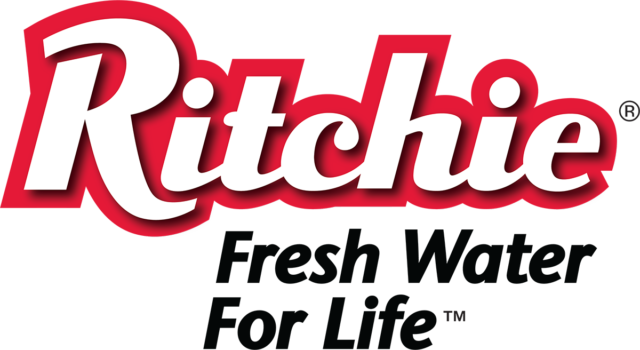How TOD deeds work
A TOD deed is like a regular deed used to transfer real estate, except it doesn’t take effect until death. A TOD deed works similarly to a payable-on-death (POD) designation for bank accounts. You name beneficiaries who inherit your property at death without having to go through probate.
To name beneficiaries, you use a deed designed for your state’s laws. The deed is similar to other real estate deeds, which name the owner of the property, provide a description of the property and list the person the property will be transferred to. A TOD deed contains an additional statement making it clear the deed does not take effect until the current owner’s death.
A person using a TOD deed maintains complete ownership of and control over the property during their lifetime. And because the deed is not considered to be a gift of the property to your beneficiary, it has no impact on their federal gift tax exclusion.
Beneficiaries named to receive property upon your death don’t have legal rights to the property until you (and your spouse if property is owned jointly) are deceased. TOD deeds don’t require signatures of beneficiaries, so you don’t have to disclose to them they are set to inherit property if you don’t want to. Contingent beneficiaries should also be named in the event the primary beneficiary or beneficiaries are not alive at the time of your death.
Once you have completed a TOD deed, you need to record it with the local county land records office before your death. Otherwise, it won’t be valid. If you decide to change your beneficiary at some point, you can revoke the TOD deed or simply record another TOD deed with a different beneficiary named.
TOD for land
A TOD deed enables an owner of real property to execute a deed during life naming the individual who will receive title to the property upon the owner’s death. Just like a regular deed, the TOD deed must be prepared, signed, notarized and recorded by the property owner. In addition, the deed must state it will not go into effect until the owner’s death.
However, unlike regular deeds, TOD deeds can be revoked, as the beneficiary does not have a present interest in the property. Upon the death of the property owner, assuming there have been no revocations, the beneficiary will receive title to the property without the involvement of the probate court. If the decedent also listed the property in a will or trust, the TOD deed will control the distribution of the property regardless of when the will or trust was executed.
TOD for vehicles
Some states allow people to name TOD beneficiaries for their vehicles. In order for the deeds to be effective, the designation must be listed on the vehicle’s certificate of title. Like TOD deeds for real property, designating a TOD beneficiary of a vehicle does not require the beneficiary’s signature and does not give the beneficiary a legal right to the vehicle.
Conclusion
TOD deeds can be a simple and effective way to bypass probate on certain real and personal property. Each state has its own rules governing the use of TOD deeds. Because states differ in regard to the types of property that can be transferred, the capacity required and revocation standards, it is important to look to the laws of the state where the property is located when preparing a TOD deed.
Additionally, due to the state law distinctions, complexities and requirements, someone considering a TOD deed to transfer property should work with an adviser who is knowledgeable about the various state law requirements to ensure the property is transferred as intended and the goals of the owner are accomplished. ![]()
Chris Nolt is the author of the book Financial Strategies for Selling a Farm or Ranch and the owner of Solid Rock Wealth Management Inc. and Solid Rock Realty Advisors LLC, sister companies dedicated to working with families around the country who are selling a farm or ranch and transitioning into retirement. Visit Solid Rock Realty Advisors and Solid Rock Wealth Management for more information.

-
Chris Nolt
- Owner
- Solid Rock Wealth Management
- Email Chris Nolt









